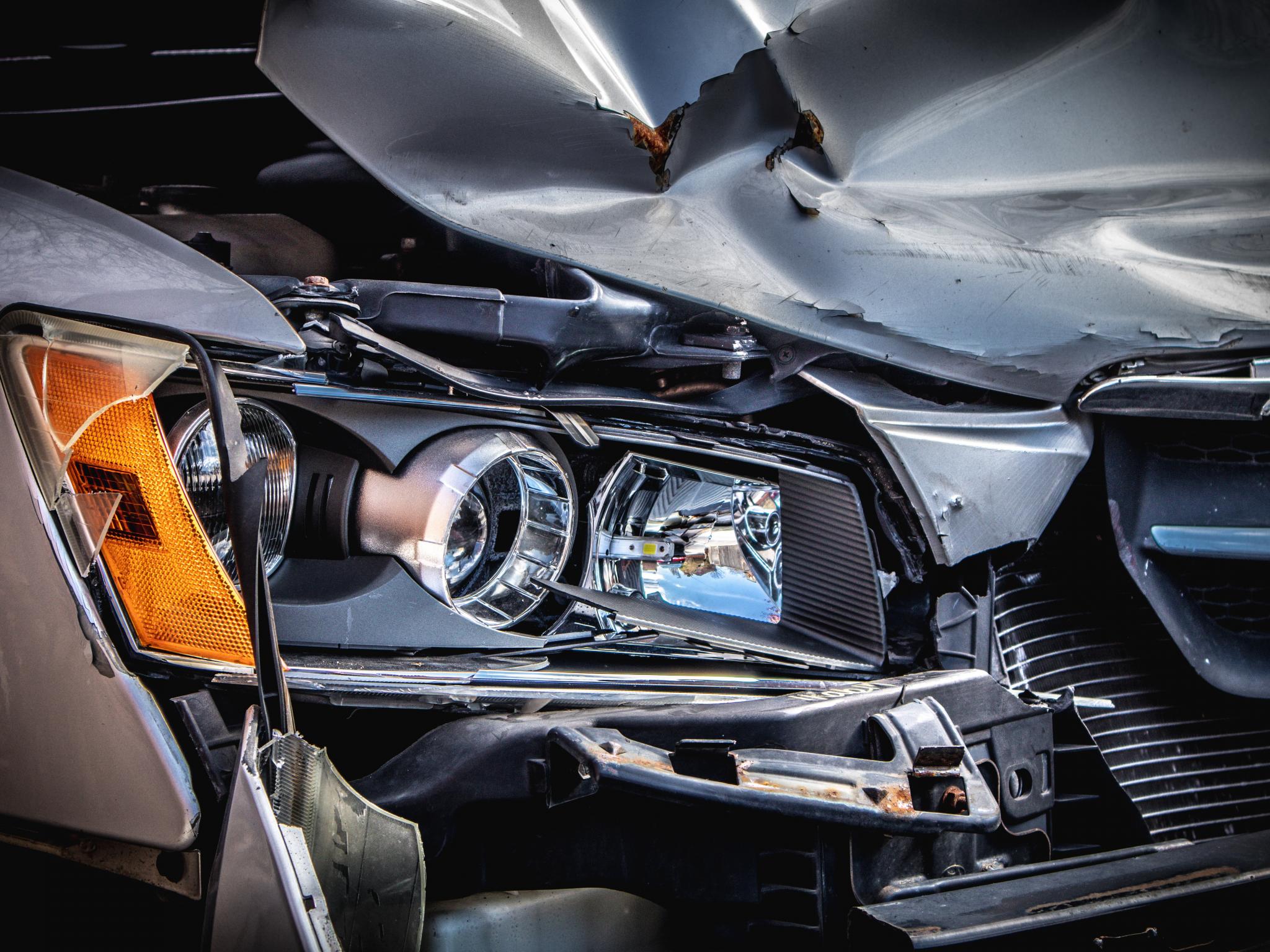
Does cannabis legalization impact traffic accidents?
Yes, it does, according to new research published in the Journal of Studies on Alcohol and Drugs. The study revealed that states with legal adult-use marijuana programs experienced an increase in traffic crashes and fatalities.
"The legalization of marijuana doesn't come without a cost," stated lead researcher Charles Farmer, of the Insurance Institute for Highway Safety in Ruckersville, Virginia.
The researchers examined five states — Colorado, Washington, Oregon, California and Nevada — that have legalized recreational marijuana use and discovered:
- A 5.8% increase in the rate of traffic crash injuries
- A 4.1% increase in fatal crash rates following legalization and the beginning of retail sales.
- An initial jump in the injury rate happened after legalization but before retail sales started.
- Traffic crash injuries went up 6.5% after legalization, and then, decreased -0.7% after retail sales began
- Fatal crashes escalated both after legalization by 2.3% and after retail sales started by 1.8%.
- For comparison purposes, the researchers also analyzed a group of states that haven’t legalized marijuana — Idaho, Montana, New Mexico, Utah, Wyoming and Arizona — and found no significant increase in these rates.
- Data was collected in 2019, prior to when Arizona legalized cannabis for recreational use.
"Legalization removes the stigma of marijuana use, while the onset of retail sales merely increases access," Farmer said. "But access to marijuana isn't difficult, even in places without retail sales. Users who previously avoided driving high may feel that it's okay after legalization."
The study suggested that the bigger jump in rates of traffic crashes than in fatal crashes could be explained by drivers’ compensation when driving under the influence of marijuana. The authors noted that these drivers tend to drive slower and keep larger distances between other vehicles, which can help them, not to avoid a crash entirely, but make it less serious.
Farmers added that this study is correlational, which means that increased cannabis use itself is likely not the only cause of the increase in crash rates.
"Studies looking for a direct causal link between marijuana use and crash risk have been inconclusive," Farmer said. "Unlike alcohol, there is no good objective measure of just how impaired a marijuana user has become. Until we can accurately measure marijuana impairment, we won't be able to link it to crash risk."
Farmer further advised states that are considering legalization to take action in advance to avoid the same results.
"First, convince everyone that driving under the influence of marijuana is not okay," he said. "Then, enact laws and sanctions penalizing those who ignore the message. Finally, make sure you have the resources (i.e., staffing and training) to enforce these laws and sanctions."
Harsh Laws & Penalties Make A Difference
Another study on traffic crashes in Canada from November 2021 had conflicting results. The research at the University of British Columbia, led by affiliate associate professor Dr. Russ Callaghan, discovered “no evidence of significant changes in traffic-injury emergency department visits among all drivers or youth drivers.”
Callaghan revealed that he was surprised with these results but then offered a possible explanation.
“It is possible that our results may be due to the deterrent effects of stricter federal legislation, such as Bill C-46, coming into force shortly after cannabis legalization," he said. "These new traffic-safety laws imposed more severe penalties for impaired driving due to cannabis, alcohol and combined cannabis and alcohol use.”
Photo: Courtesy of Clark Van Der Beken on Unsplash







